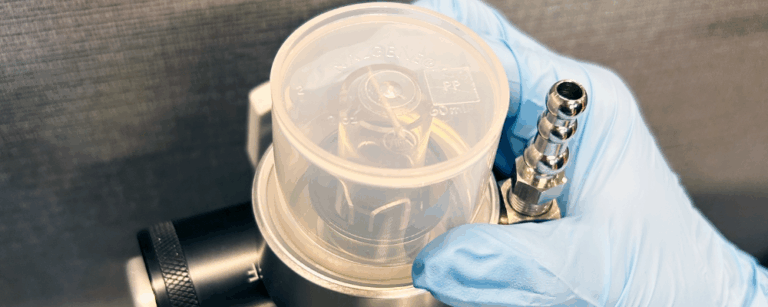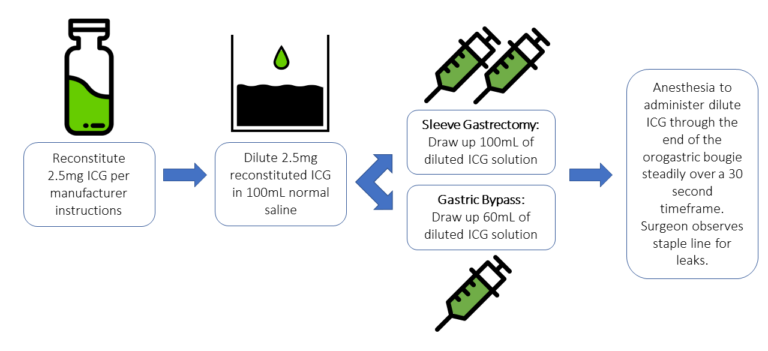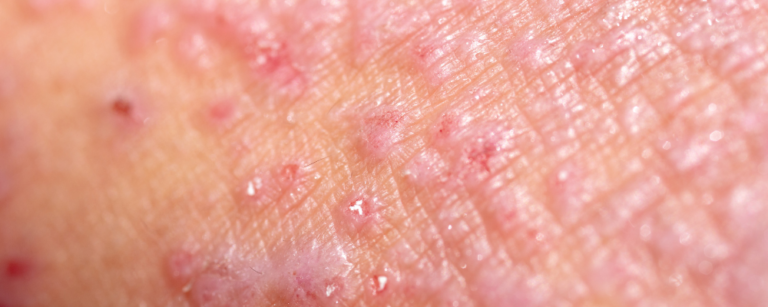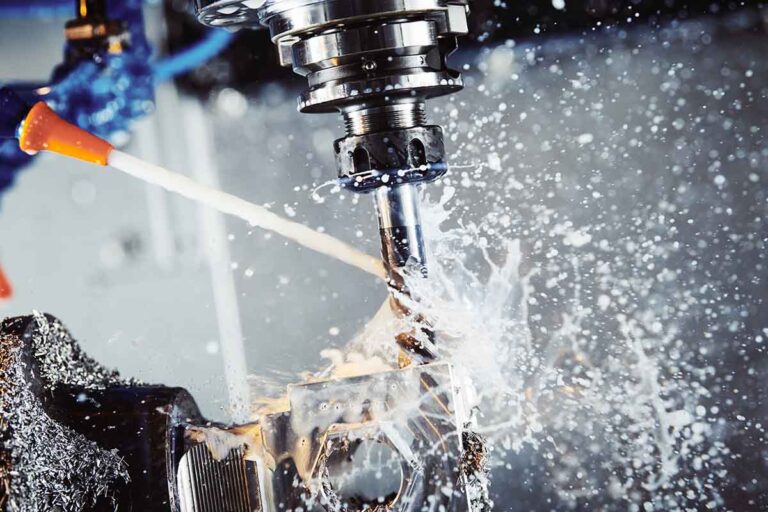Categories
External Catheters for Women: How to Choose the Right Option
Selecting an external catheter for women can feel overwhelming at first, but it doesn’t have to be. With the right guidance, you can choose a…
Trap Bottle 101: What They Are and How to Care for Them
Trap bottles play a crucial role in protecting your suction regulators and central suction system. If you are new to Boehringer equipment or need a…
Indocyanine Green (ICG) in Bariatric Surgery
Staple line leaks in bariatric surgery may start small but can lead to serious complications. Detecting them early is critical to improving patient outcomes.
Nurse Burnout: Overworked and Understaffed
Burnout is a growing healthcare crisis. Nearly half of nurses report work overload, with many showing signs of stress, fatigue, and emotional exhaustion.
Slip-and-Fall Accidents in Hospitals
Hospitals are places of healing, yet slip-and-fall accidents harm thousands each year—posing serious risks to both patients and staff.
What is Incontinence-Associated Dermatitis and How Can I Prevent it?
Incontinence-associated dermatitis (IAD) is a painful yet preventable skin condition caused by moisture damaging the skin—not just the presence of moisture itself.
External Catheters for Women: How to Choose the Right Option
Selecting an external catheter for women can feel overwhelming at first, but it doesn’t have to be. With the right guidance, you can choose a…
Applying an External Catheter for Women: Beginner’s Guide
Using an external catheter for women is easy if you know the key steps. This is especially true with a device like CareDry®, which is…
Nurse Burnout: Overworked and Understaffed
Burnout is a growing healthcare crisis. Nearly half of nurses report work overload, with many showing signs of stress, fatigue, and emotional exhaustion.
Slip-and-Fall Accidents in Hospitals
Hospitals are places of healing, yet slip-and-fall accidents harm thousands each year—posing serious risks to both patients and staff.
What is Incontinence-Associated Dermatitis and How Can I Prevent it?
Incontinence-associated dermatitis (IAD) is a painful yet preventable skin condition caused by moisture damaging the skin—not just the presence of moisture itself.
Trap Bottle 101: What They Are and How to Care for Them
Trap bottles play a crucial role in protecting your suction regulators and central suction system. If you are new to Boehringer equipment or need a…
What Are Suction Regulators Used for in a Clinical Setting?
From the ER to the OR, suction regulators quietly support patient care by removing fluids, managing secretions, and ensuring clear visibility.
Suction v.s. Flow in the Medical Industry
In healthcare, “suction” and “flow” are often confused. But knowing the difference is key to ensuring safety and effectiveness in patient care.
Should I Use Filters on My Suction Regulator?
Should you add filters to your suction regulators? While they may seem beneficial, inline filters can reduce performance and may not improve safety.
How Many Suction Regulators Do I Need?
“How many suction regulators do I need?” It’s a common question without a simple answer—it depends on your hospital’s layout, usage, and patient needs.
Do You Need a Bottle or Gravity Trap on Your Suction Regulator?
If your facility uses wall suction, you’ve likely seen trap bottles. But are they necessary? Understanding their purpose is key to using suction safely and effectively.
Materials of Construction
One of the most critical considerations in the design of almost anything is the materials used. This consideration is especially vital in a medical device,…
What is a Suction Regulator?
A suction regulator converts high vacuum pressure from a hospital’s central system into a safe, controlled level—protecting patients during medical procedures.
Indocyanine Green (ICG) in Bariatric Surgery
Staple line leaks in bariatric surgery may start small but can lead to serious complications. Detecting them early is critical to improving patient outcomes.
Are Multi-Use Bougies a Cause for Concern?
A bougie is a flexible tube used in bariatric surgery to guide stapling and ensure proper sleeve size—making it key to surgical accuracy and safety.














